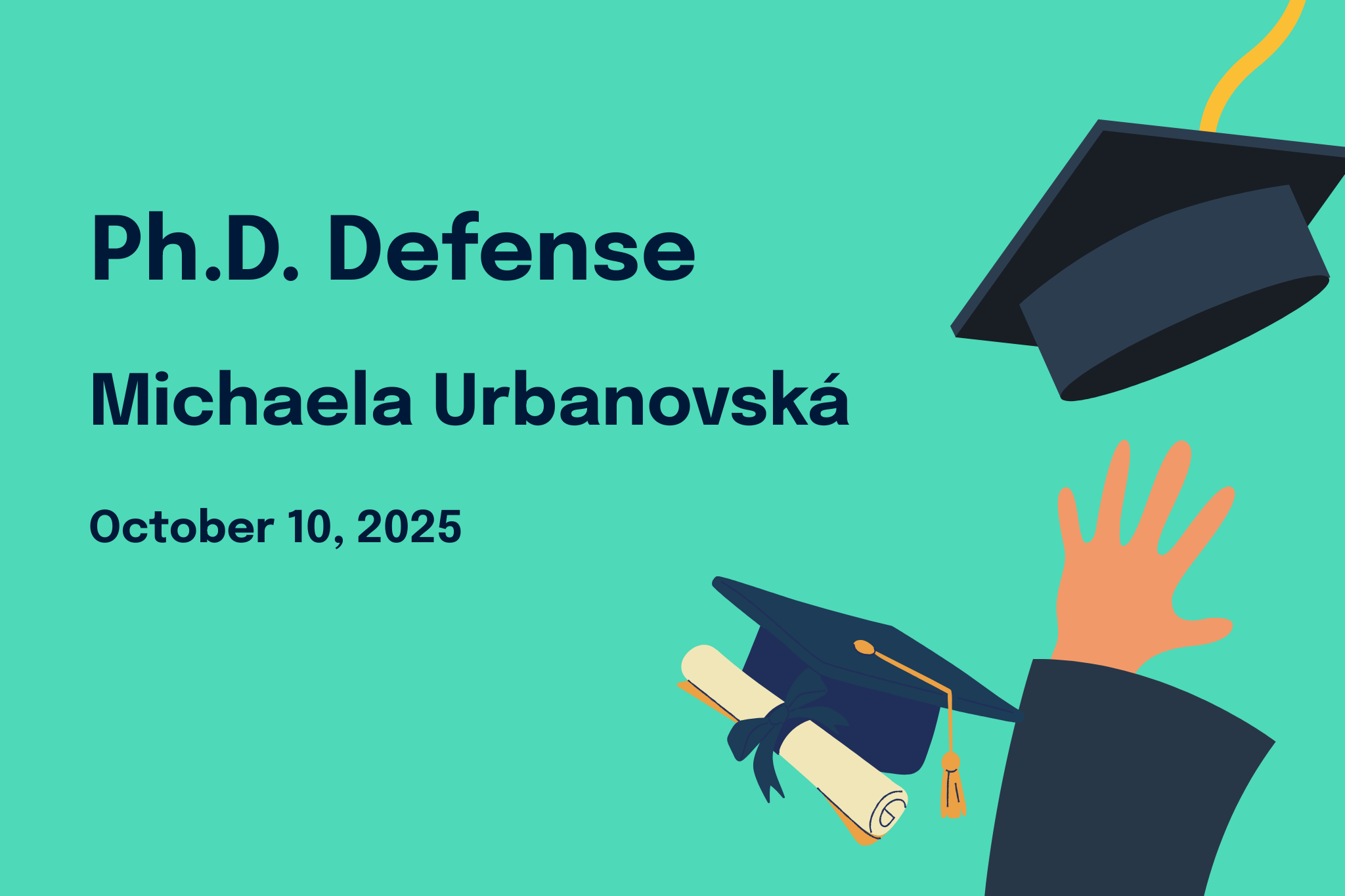Michaela will be defending her dissertation titled "Towards General Artificial Intelligence with Automated Planning". Join us in person or online!
Supervisor: Antonín Komenda
Specialist supervisor: Rostislav Horčík
University repository: https://dspace.cvut.cz/handle/10467/122273
In case you want to join via MS Teams, please notify Petr Benda in advance via petr.benda@fel.cvut.cz.
Abstract
The connection between symbolic artificial intelligence and machine learning techniques has been explored for years in hopes of finding a way to create a fully autonomous problemsolving AGI (general artificial intelligence) system. We contribute to solving this challenge by exploring the connection between classical planning and neural networks (NN) in the form of using the learned information to improve classical planning algorithms. On the one hand, we have robust classical planning methods, but we need to model problems manually in order to use them. On the other hand, we have neural networks that are capable of solving various tasks but do not possess the same reasoning power for multistep sequential problem solving. Therefore, by combining these two approaches, we aim to overcome modeling difficulties and improve classical planning methods through learned information. This thesis focuses on research in this area. It addresses the challenges that arise in this research, such as the representation of planning problems that stems from modeling for classical planning, and also examines the issue of the availability of planning algorithms in real-world applications. We focus on grid-based planning problems and analyze their advantages and limitations. Furthermore, we introduce a new set of 3D representations that are suitable for machine learning in the context of classical planning, while also providing an intuitive problem representation. Finally, we develop both manuály crafted and automated representations for learning with problems that lack an implicit grid structure, thereby moving closer to creating a fully domain-independent approach. We focus on state-transition learning and heuristic function learning, with an emphasis on the latter direction. Heuristic learning covers a great part of our work as we went from using off-shelf architectures meant for different tasks to a curated architecture that was modified to learn heuristic functions for classical planning problems on grids and later on even in domain-independent setting. We provide experimental evaluations for the introduced approaches, compare their performance to existing state-of-the-art methods, and provide a detailed discussion of the achieved results.



